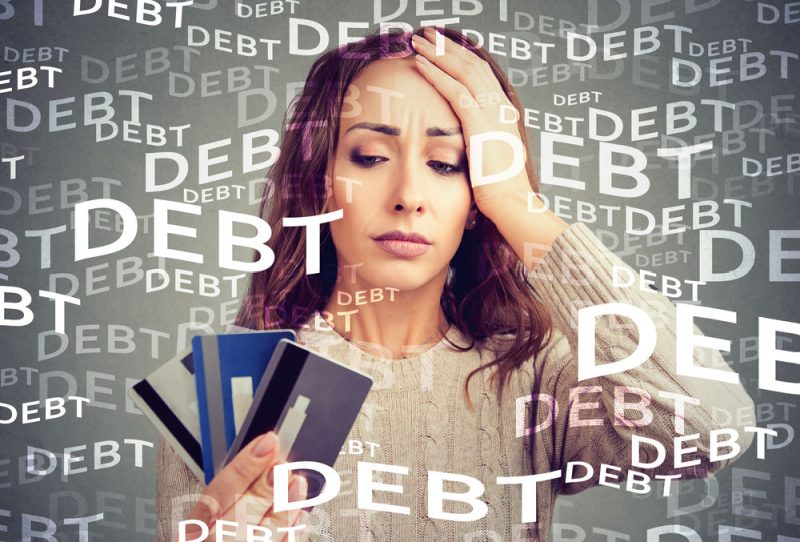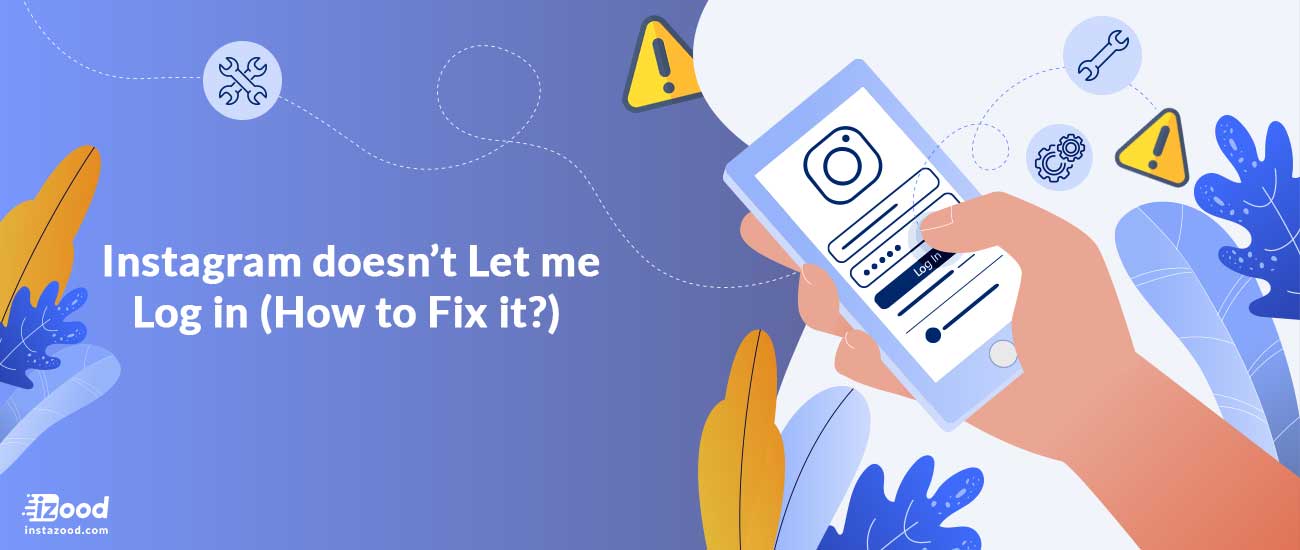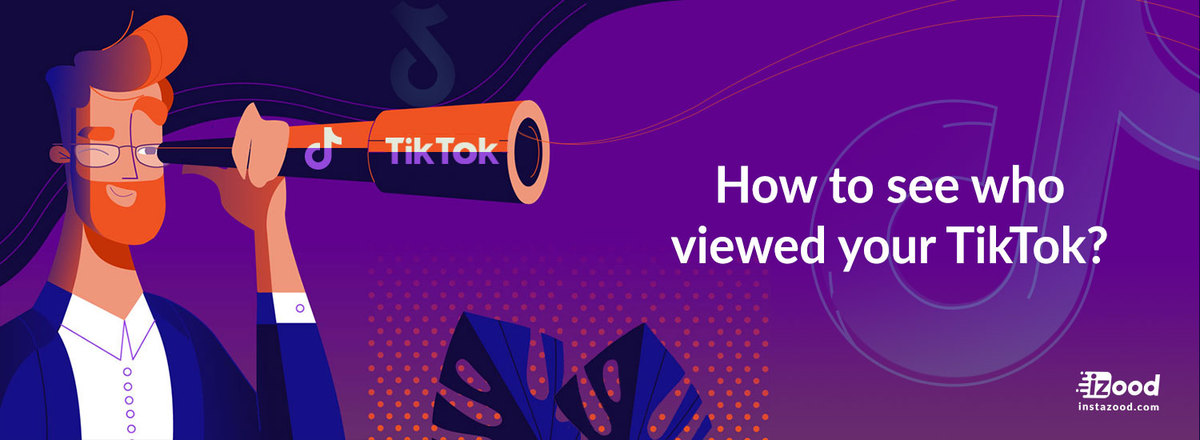Credit card debt can cripple people, but the good news is that many recover and go on to lead healthy financial lives. A key early step is to recognize that the debt is out of control and to stop overspending. Here are more details on credit card debt help: what you need to know.

Options for Help With Credit Card Debt
Assistance with credit card debt generally takes the form of consolidation, settlement, or full payoff. In some cases, bankruptcy might be something to consider.
- Consolidation
Consolidating your credit card debt means you gather all of your credit card debts (and maybe other debts) into one debt. You can do this through balance transfers, personal loans, home equity loans, debt management plans, and even 401(k) savings.
Each has pros and cons.
For example, if you transfer all of your credit card balances to one card, there is typically a 0% introductory APR period. You usually get a year or more to pay off the debt with no interest.
On the downside, a balance transfer fee likely applies, and the APR, once it kicks in after the introductory period, will be high. Balance transfers could end up hurting you more than helping you unless you have a plan to pay off the debt within the 0% introductory period.
- Settlement
You can get credit card debt help through settlement. Through this form of assistance, you or a company working on your behalf negotiates with creditors to lower your debt. Credit card companies would rather get some money than none at all and are more willing to settle than some people realize. After you pay the settlement amounts you owe on each account, you are done with the debt.
- Full Payoff
In some cases, consumers can afford to fully pay off their credit cards but have yet to realize it. Take the time to record each of your debts, what you owe, the interest rates on each card, your income, and other financial essentials. It is something you need to do anyway even if you end up opting for consolidation, settlement, or another approach for help with credit card debt.
For a full payoff, take one of two approaches. The first strategy is to pay off the card with the lowest balance first. After you pay it off, move on to the card that now has the lowest balance. This way tends to be easier and more of a mental morale boost. It does not save you the most money overall but can make you more likely to succeed.
If you want to maximize the money you save and that prospect is what gives you a morale boost, pay off the card with the highest interest rate first. Both methods have you making minimum payments on all cards but focusing on going past the minimum for one card in particular.
- Bankruptcy
Credit card debt, rent, food, medical bills, and more can take a huge bite out of your income. Bankruptcy is not a decision to make lightly but can get most, if not all, of your credit card debt discharged. Prepare for your credit report to take a huge hit. Bankruptcy affects your ability to qualify for loans, and you may not be able to file for bankruptcy for nearly 10 more years if you find yourself struggling with debt again.
One thing people don’t consider enough with credit card debt help: what you need to know is the loneliness factor. The shame factor, too. People often wait until the last minute to consult debt relief/debt settlement companies or lawyers but find their stresses lifted once they do. They’re no longer walking down the debt path alone and have a lot more information on which to base their decisions.











